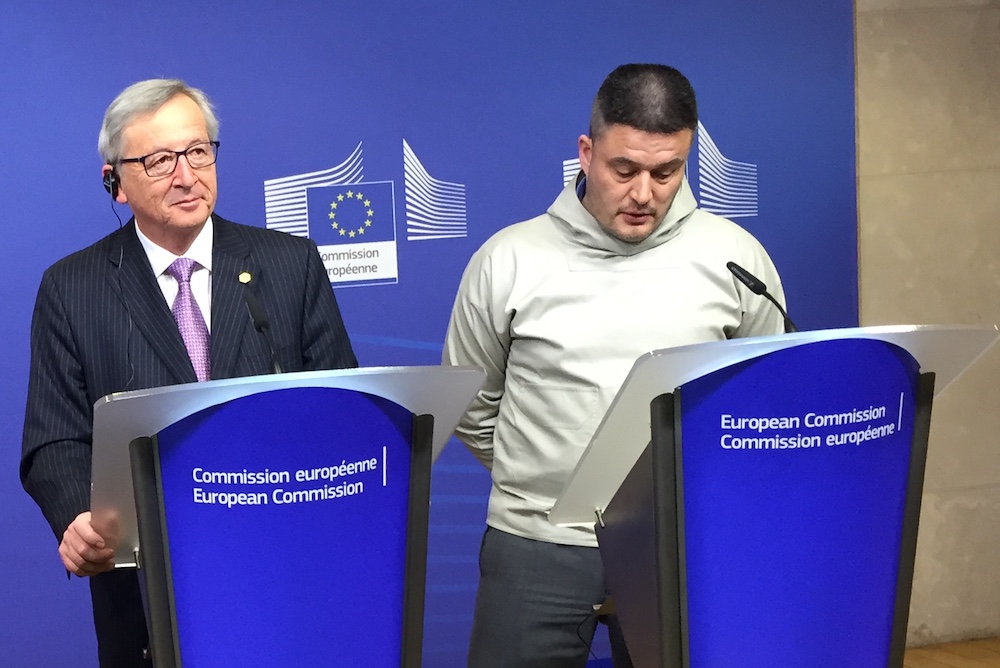The EU is poised to take a broader — and more proactive — role in the Arctic
The Arctic makes up a big part of the EU. Brussels believes that should rate it a bigger say than it gets.

A newly revamped European Union Arctic policy could see the bloc take clearer positions on military and commercial developments taking place in the region, in an effort to address the Arctic’s growing internationalization, officials said.
Such a move — which comes as representatives from the EU’s northernmost regions are calling on Brussels to double down on its investment in the North — would represent a shift for the bloc. The current policy, adopted in 2016, deals primarily with less-contentious scientific issues. It would also move the EU away from its recognition of the Arctic Council as the “primary forum for international cooperation in the region.”
While officials says the EU remains committed to working with the eight-member Arctic Council, the change reflects Brussels’ interest in having a greater say in issues related to the region. It also reflects some of the limitations of the council, which does not deal with security issues.
Speaking during the annual Arctic Futures Symposium in Brussels on Monday, Lars-Gunnar Wigemark, the bloc’s newly appointed ambassador for Arctic issues, said: “The Arctic affects us in the EU. If the EU is to formulate a new Arctic strategy, we will need to keep an eye on other fora where Arctic issues are addressed.”
[Bringing the Arctic to Brussels]
His comments come at a time when the EU’s request to become a full observer to the Arctic Council remains on hold, after first being vetoed by Canada (over Brussels’ ban on seal imports) and then Russia (over EU sanctions imposed in response to Moscow’s annexation of Crimea). At the same time, other countries with less direct connections to the region have been ushered in.
Instead, the EU — which has three members (Denmark, Finland and Sweden) on the Arctic Council, and close relations with two other members (Norway and Iceland) — has sought to expand its influence by deepening its links with its own and neighboring Arctic areas. (There are also several non-Arctic EU member states that are Arctic Council observers, or are seeking observer status.)
At the same time, Brussels has become involved in Arctic issues at the international level, including by taking part in an agreement to temporarily ban fishing in the central part of the Arctic ocean.
A number of groups, including Finland and the NSPA, a group representing 14 regions in northernmost Finland, Sweden and Norway, have called on the European Commission (the bloc’s executive arm) to update the 2016 policy, saying that’s necessary in light of the growing interest in the region.
In a statement, released on Oct. 2 ahead of a EU meeting focusing on Arctic issues, the NSPA, said EU efforts to expand its influence in its own and neighboring Arctic regions had been welcome, but worried that changes in the European Commission leadership after EU elections in May, would see Brussels would pull back from the region.
“The EU,” it said, “has great potential to be a facilitator for the Arctic to be a peaceful, sustainable and thriving place.”
For more on the topics addressed during this year’s Arctic Futures Symposium earlier this week, check out the #ArcticFutures hashtag on Twitter.